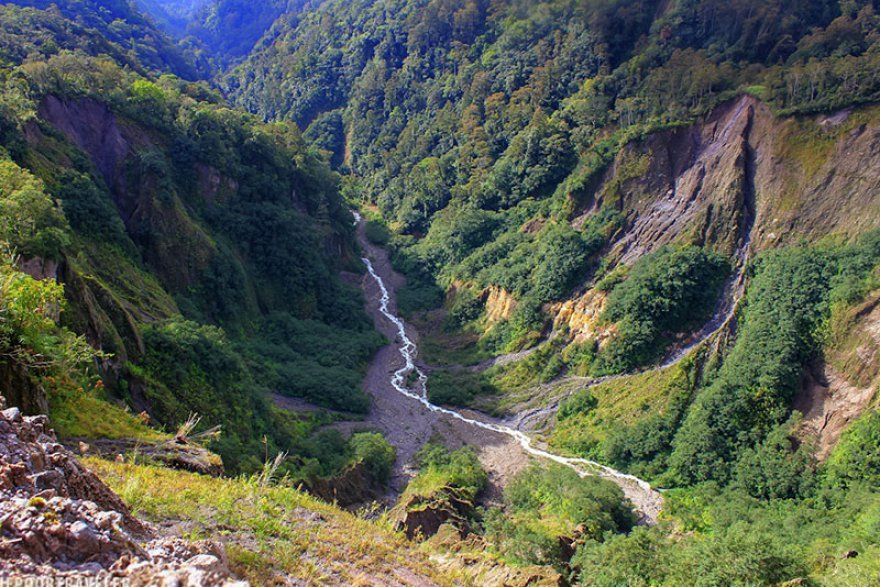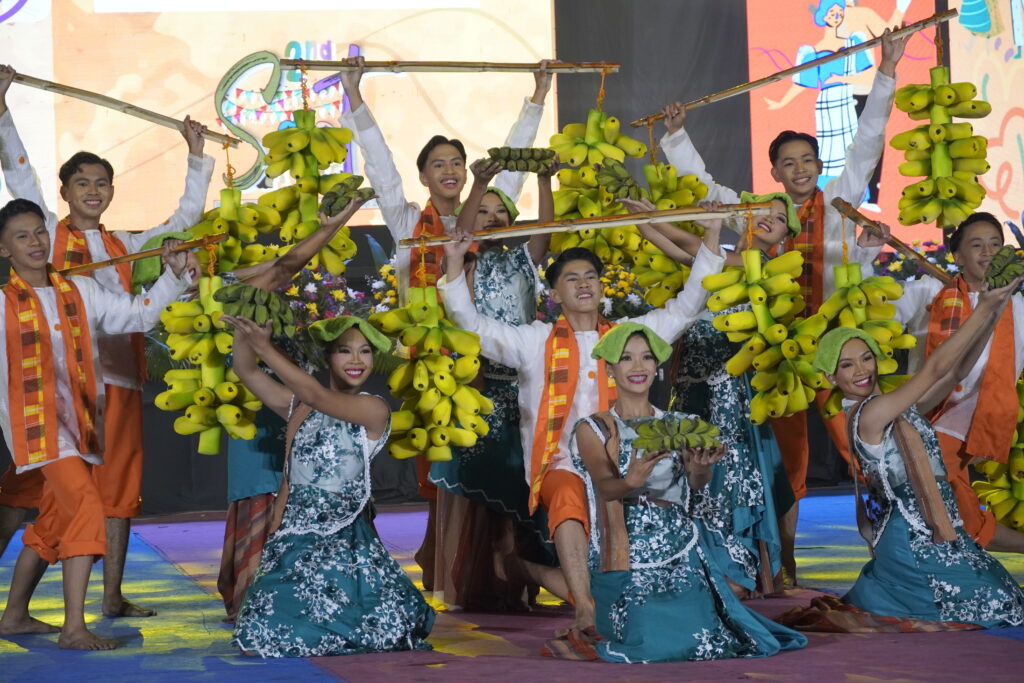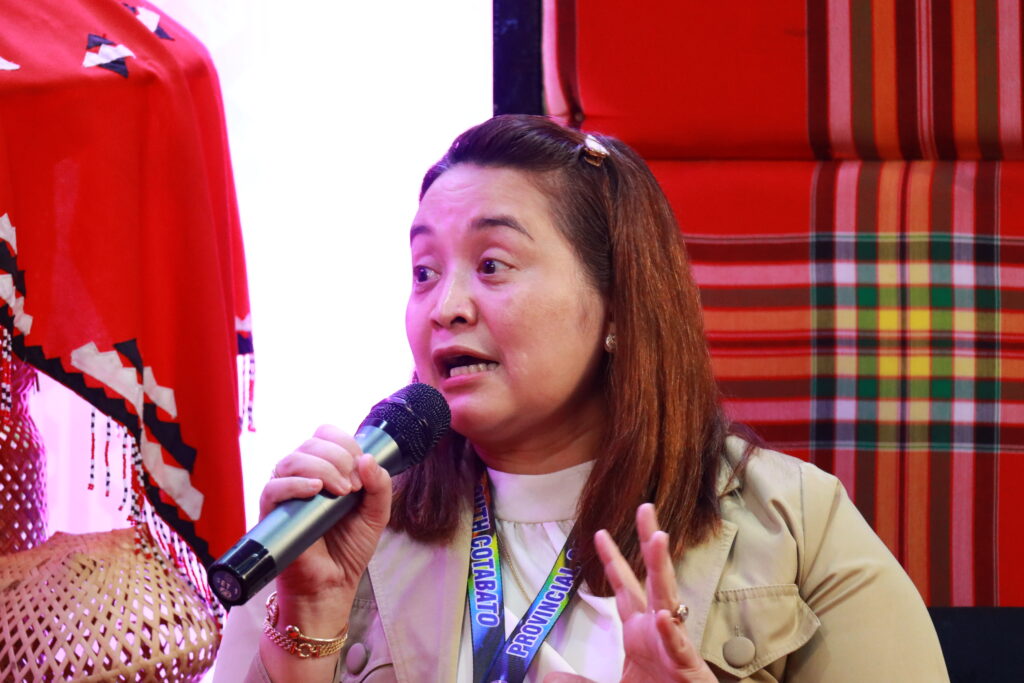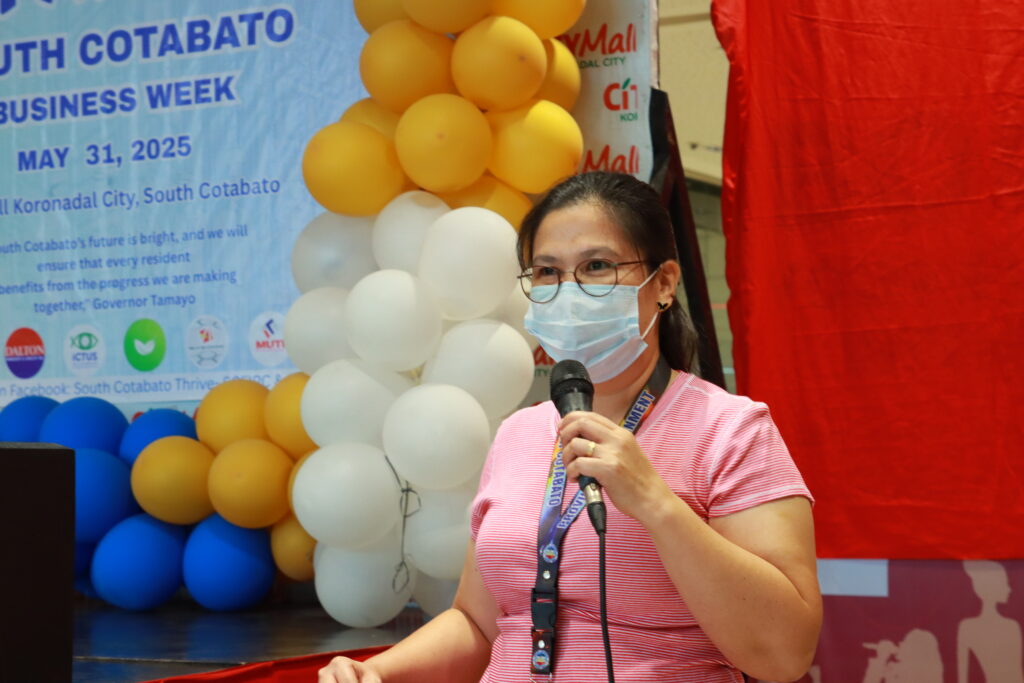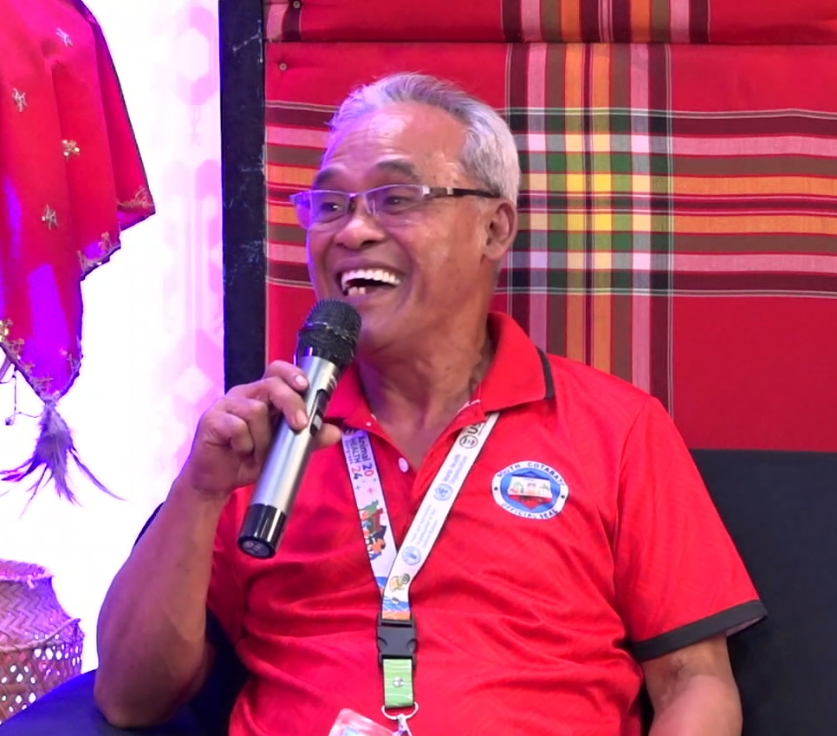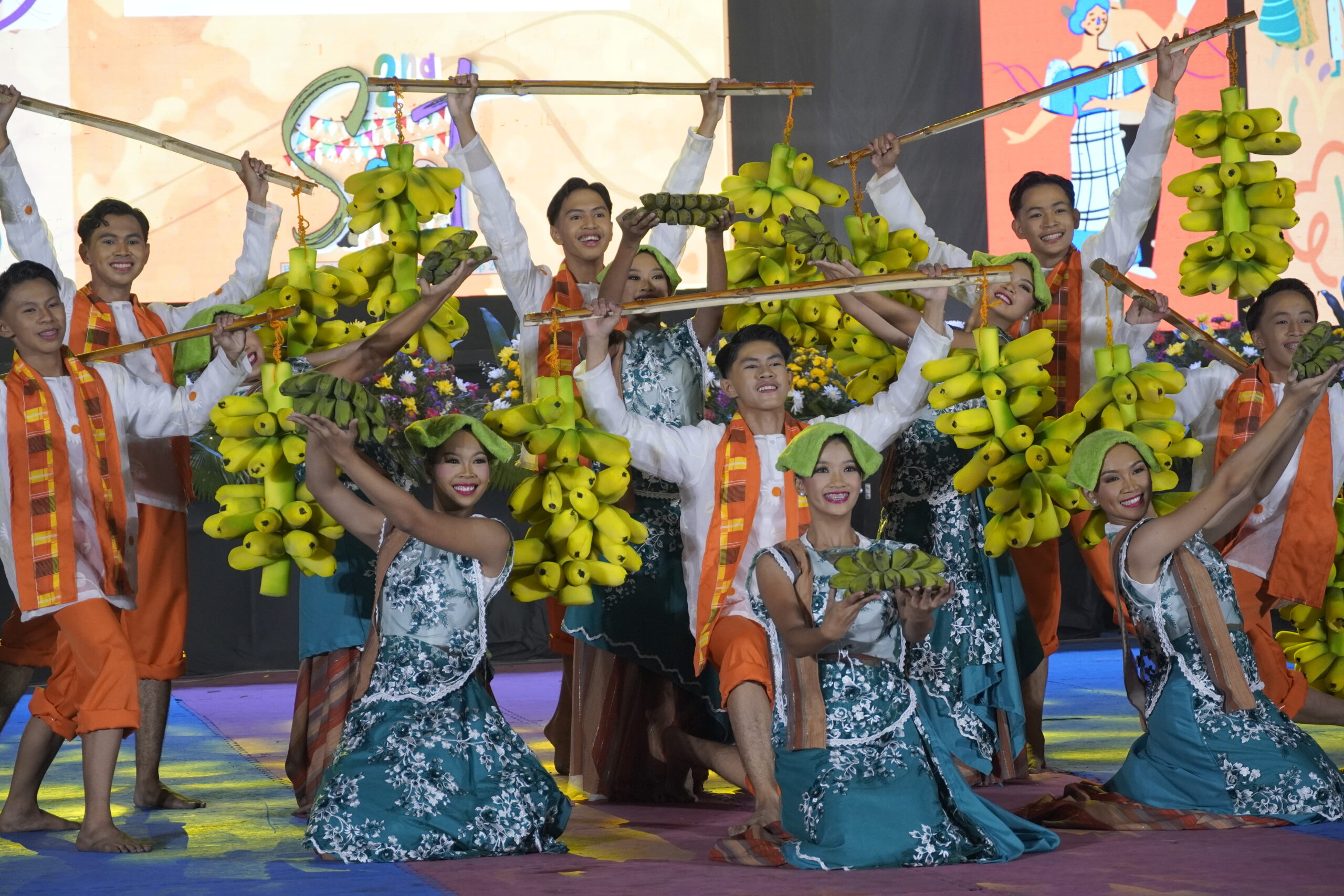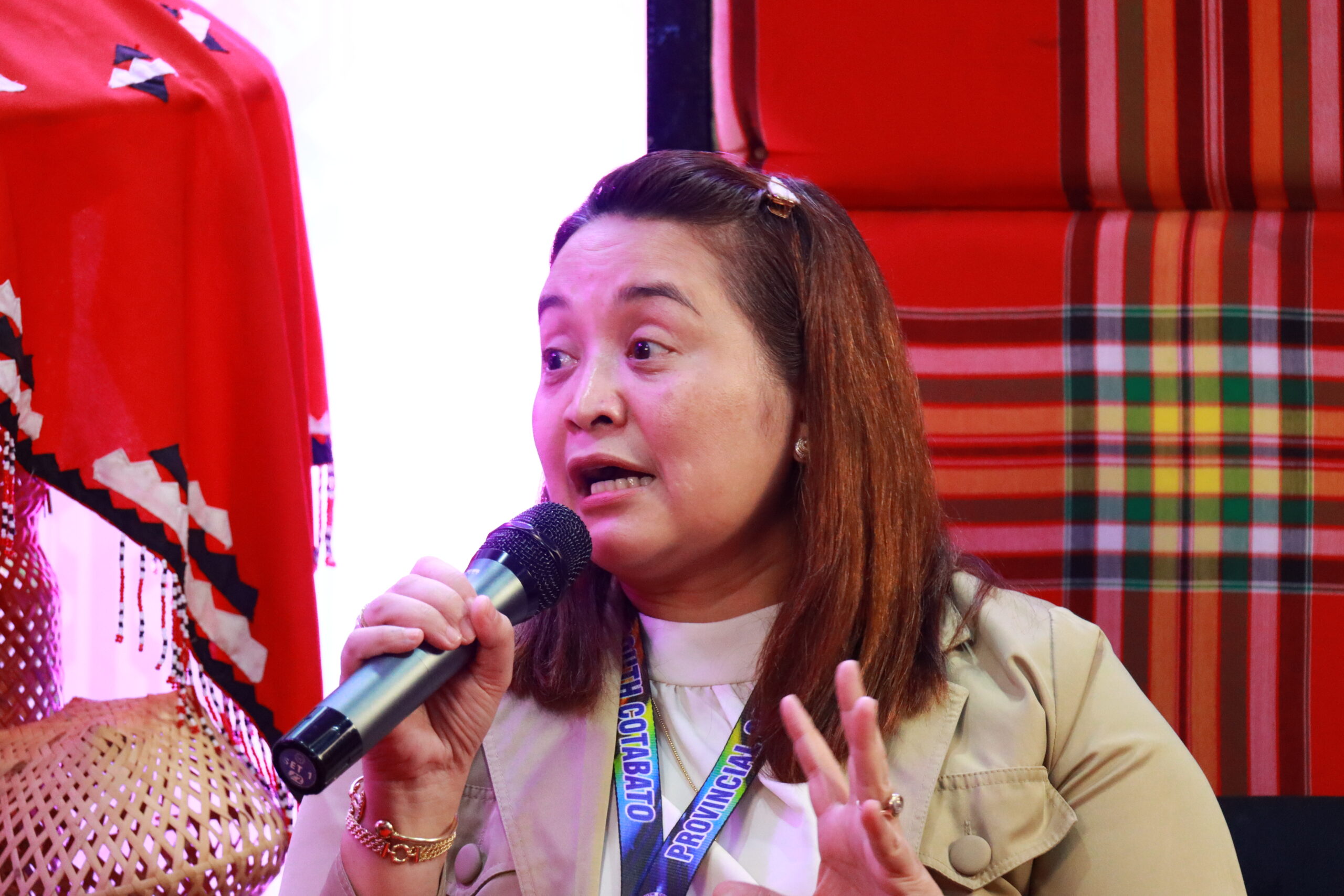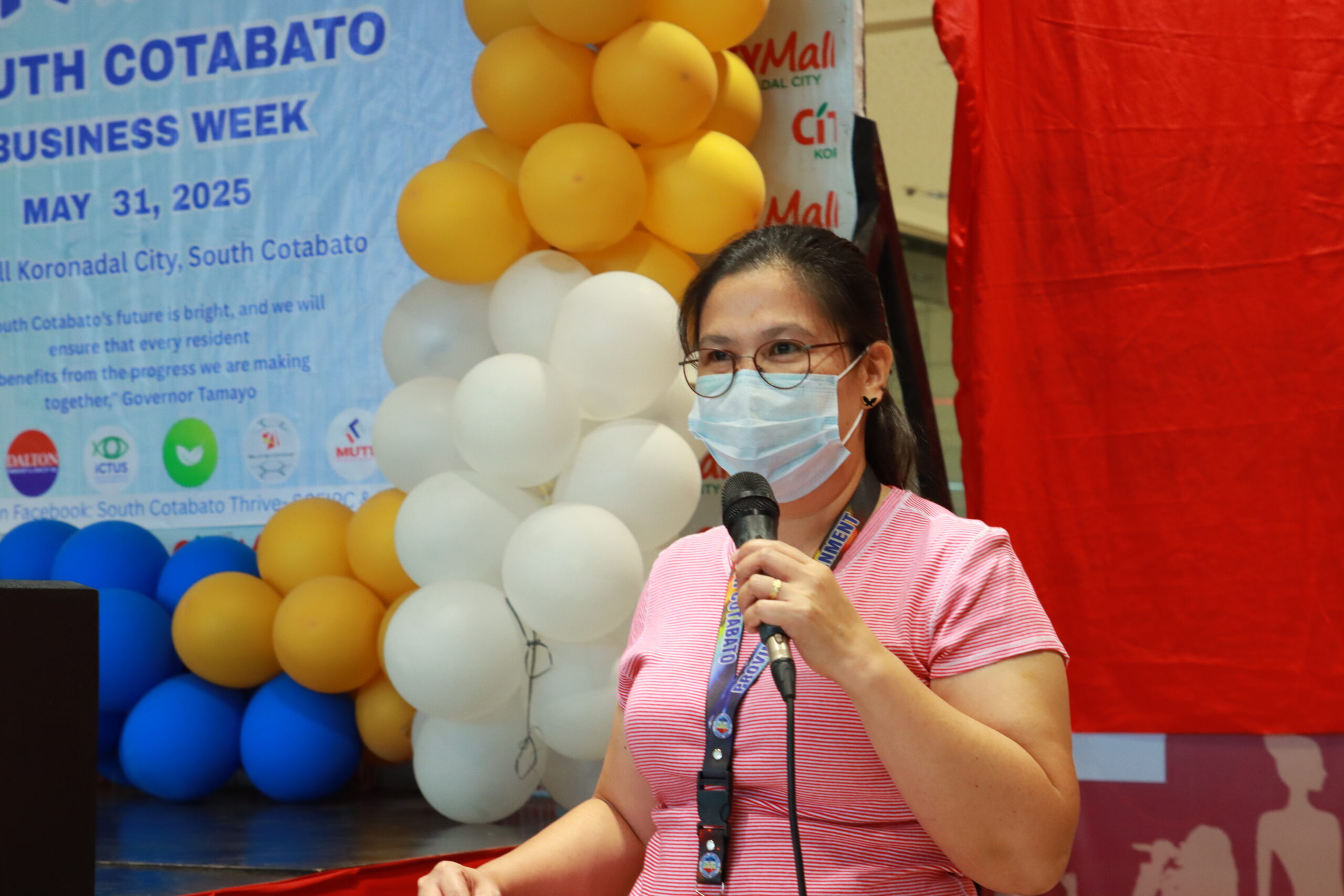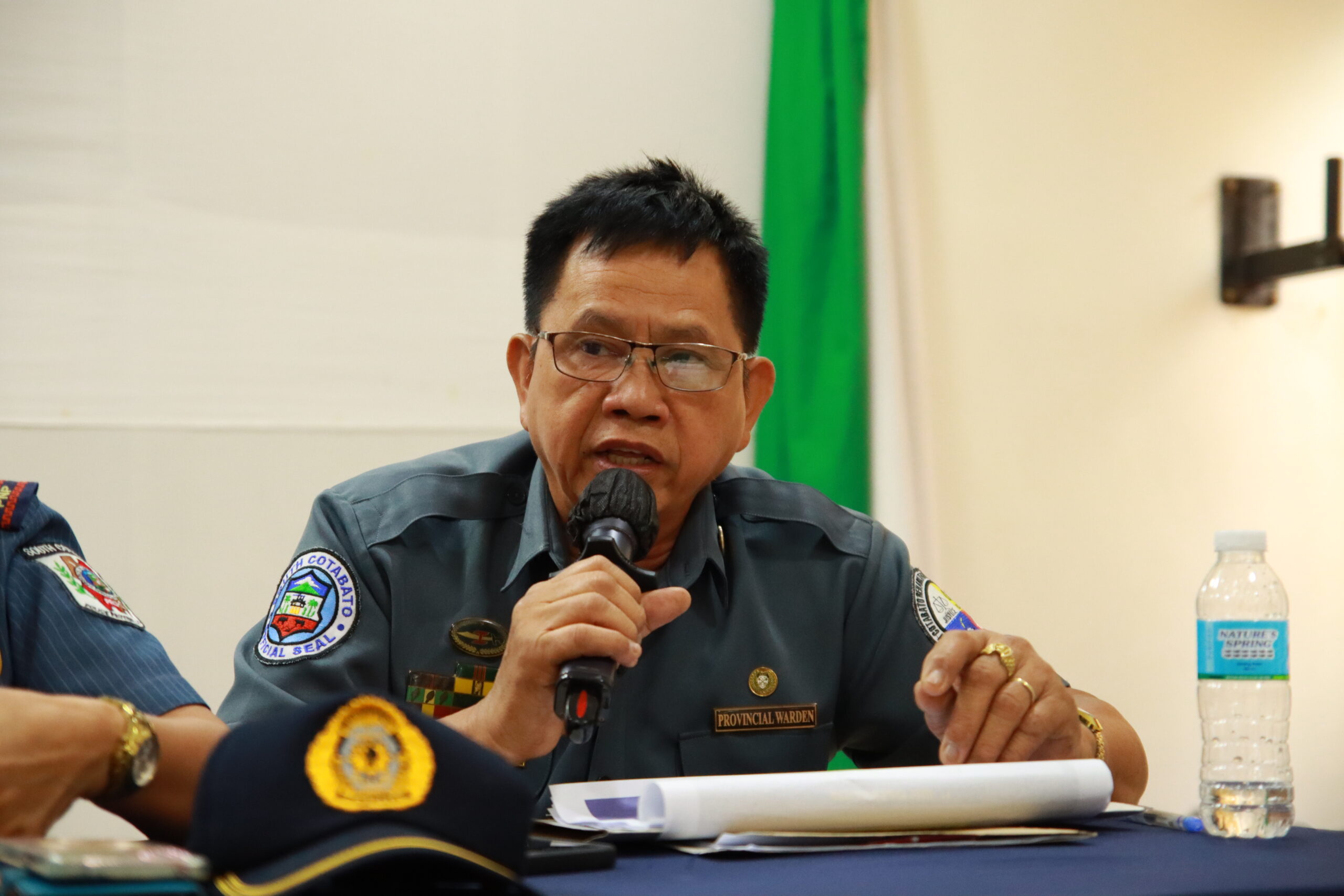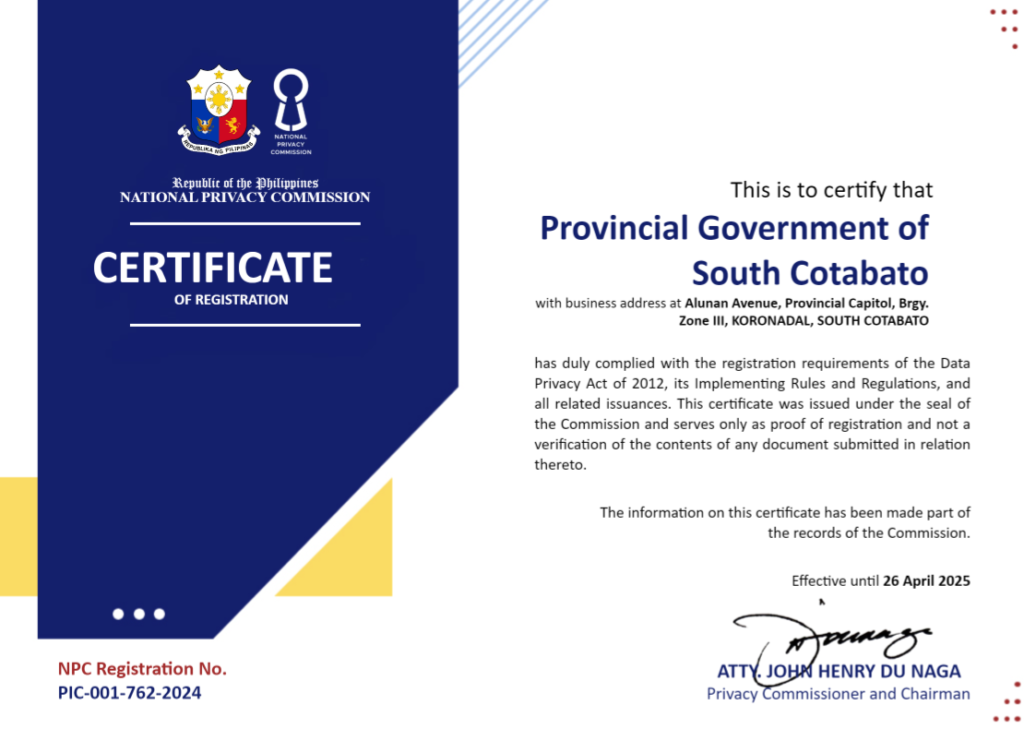Koronadal City, South Cotabato – The petition for declaratory relief against the Provincial Government of South Cotabato (PGSC) was dismissed by the Regional Trial Court (RTC) Branch 24 of the 11th Judicial Region in the City of Koronadal on October 12, 2020.
The special civil action (SCA) case no. 094 for Declaratory Relief and Injunction was filed by the petitioners B’laan Indigenous Cultural Communities consisting of the Indigenous Peoples of Bongmal represented by the Bongmal Tribal Council, Indigenous Peoples of Danlag represented by the Danlag Tribal Council, Indigenous Peoples of Fulo Bato represented by Fulo Bato Tribal Council, and Indigenous Poples of CADT-26, SouthCot Mining Corporation and Tampakan Mining Corporation.
The petition for Declaratory Relief under Rule 63 of the Rules of Court filed on January 25, 2019 assailed the validity of Section 22(b) of Ordinance 04, Series of 2010, otherwise known as The Environmental Code of the Province of South Cotabato which provides:
“Section 22. Regulatory Provisions. – Quarrying and extraction of quarry and mineral deposits shall be governed by the following provisions:
xxx
b. Open-pit mining method shall not be allowed in the Province of South Cotabato.”
The petitioners filed the petition to invalidate the said section, and in the alternative, or should the court find the provision of the ordinance as not invalid, they prayed that the said provision is not applicable to Tampakan Copper and Gold Project pursuant to Section 169 (Vested Rights) of the Environmental Code of the Province of South Cotabato.
The PGSC, in their answer, invoked that the questioned provision of Ordinance no. 04, Series of 2012 was enacted pursuant to Section 16 (General Welfare Clause) of the Republic Act 7160 (Local Government Code), and that the ban on open-pit mining stays in as much as the Department of Environment and Natural Resources (DENR) Administrative Order (DAO) No 2017-10, which bans Open-pit Mining, has not been repealed.
In a 31-page decision penned by Acting Presiding Judge Vicente T. Peña, the lower court declared that “Section 22 (b) of Ordinance No. 04, Series of 2010, entitled “An Ordinance Providing for the Environment Code of the Province of South Cotabato is not invalid, but rather legal and consistent with DAO 2017-10, the Local Government Code and above all, the Constitution.”
Further, the prayer for Issuance of Final Injunction permanently enjoining the respondent Provincial Government of South Cotabato or any other person or agency acting under its authority or discretion was also denied considering the validity of the assailed provision.
The main issues that were joined and decided upon by the RTC were regarding the validity of Section 22 (b) of the Environmental Code of the Province of South Cotabato and the Philippine Mining Act of 1995, and the rights of the indigenous cultural communities under the Indigenous Peoples’ Rights Act.
Thus, the Court resolved that Local Government Units (LGUs) may enact ordinances on the protection of the environment. As agencies of the State, LGUs are endowed with police power in order to effectively accomplish and carry out the declared objects of their creation.
Section 16 of the Local Government Code states:
“Sec.16. General Welfare. – Every local government unit shall exercise the powers expressly granted, those necessarily implied therefrom, as well as powers necessary, appropriate, or incidental for its efficient and effective governance, and those which are essential to the promotion of the general welfare. Within their respective territorial jurisdictions, local government units shall ensure and support among other things the preservation and enrichment of culture, promote health and safety, enhance the right of the people to a balanced ecology, encourage and support the development of appropriate and self-reliant scientific and technological capabilities,…xxx”
On a different note, the lower court also stated that RA 7942 or The Philippine Mining Act of 1995 intends the promotion of rational exploration in a way that effectively safeguards the environment and protect the rights of affected communities.
As written on the decision, “It is a declared policy, as enshrined in the Constitution that “the State shall protect and advance the right of the people to a balanced and healthful ecology in accord with the rhythm and harmony of nature.””
As to the issue on the compliance to the Department of Environment and Natural Resources (DENR) Administrative Order No. 2017-10, the court reiterated that Section 8 of RA 7942 authorizes the DENR Secretary to promulgate such rules and regulations as may be necessary to implement the intent and provisions of the law.
Pursuant to the said proviso, former DENR Secretary Regina Paz L. Lopez issued Administrative Order (DAO) 2017-10, dated April 27, 2017, which orders:
“The use of the open pit mining for the extraction of copper, gold, silver, and/or complex ores, is hereby prohibited. Mining contractors who have not commenced commercial operation but have approved Declaration of Mining Project Feasibility for open-pit mining are given a period of six (6) months to review their planned mining methods accordingly.”
Such DAO supersedes all orders and other policy issuances or directives that are contrary or inconsistent with the said Administrative Order. Further, in as much as DAO 2017-10 is still in effect, the ban on open pit mining stays.
Moreover, the Supreme Court (SC), in one case ratiocinated:
“The ongoing administrative reassessment is apparently in response to the renewed and growing global concern over the despoliation of forest lands and the utter disregard of their crucial role in sustaining a balanced ecological system. The legitimacy of such concern can hardly be disputed, most especially in this country…”
Anent the issue on whether or not the ban on open-pit mining is ultra vires/invalid as it impinges on the rights of indigenous cultural communities/indigenous peoples under Republic Act No. 8371 or the Indigenous Peoples Rights Act, the RTC stressed that Section 16 of the Philippine Mining Act of 1995 explicitly provides that “No ancestral land shall be opened for mining operations without the prior consent of the indigenous cultural community concerned.”
In this case, it was found that petitioners failed to mention in their petition that the prior consent of the petitioners B’laan ICCs was secured for the Tampakan project. As already discussed, Ordinance No. 04, Series of 2020 is a valid exercise of police power by the Province of South Cotabato. Consequently, the said restriction on the use of land owned by the B’laan ICCs is not invalid.
Finally, the lower court ruled that the open-pit ban in the said Environmental Code of the Province of South Cotabato applies to the SouthCot Mining Corporation and the Tampakan Mining Corporation, considering that the petitioners failed to submit supporting affidavit or any evidence to prove the said assignment and/or transfer, in consonance with Section 169 of the Environmental Code of South Cotabato:
“Section 169. VESTED RIGHTS. Rights and obligations existing on the date of effectivity of this Code and arising out of contracts shall be governed by the original terms and conditions of said contract or the law in force at the time such rights were vested.”
Photo credits: google images


